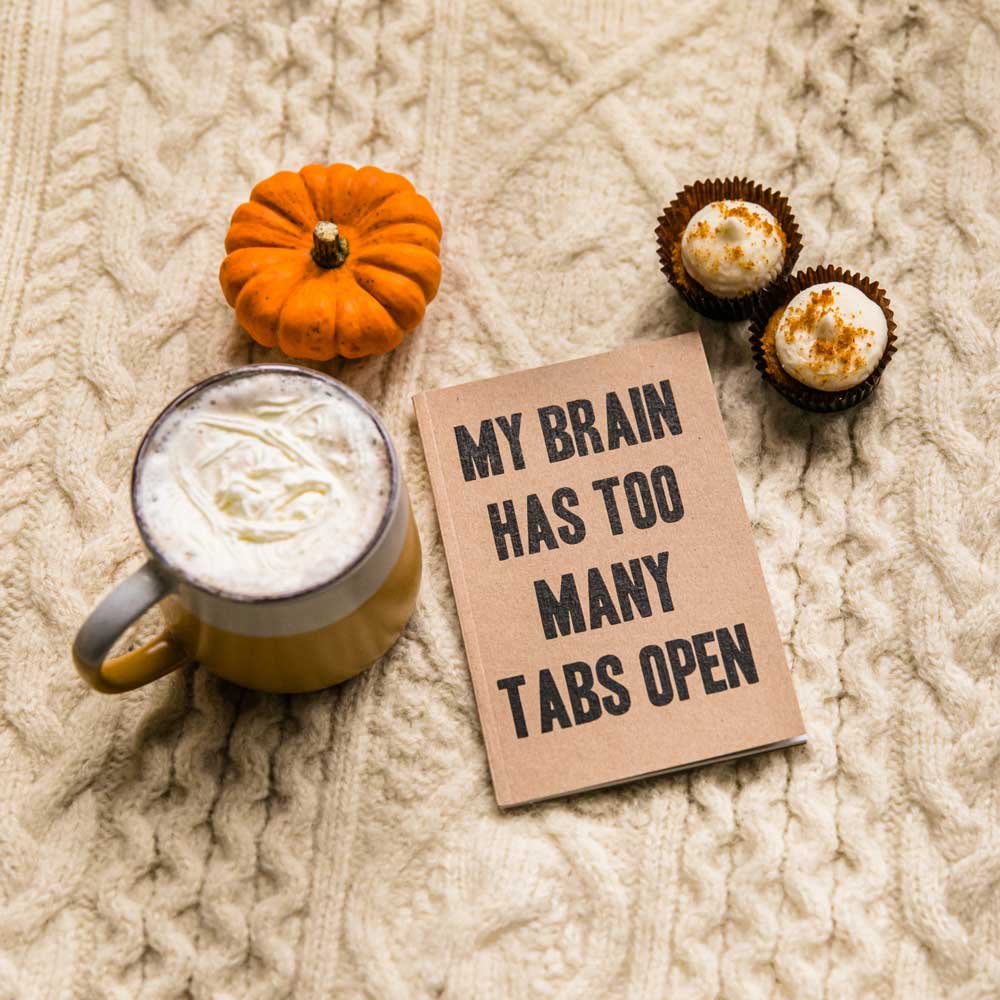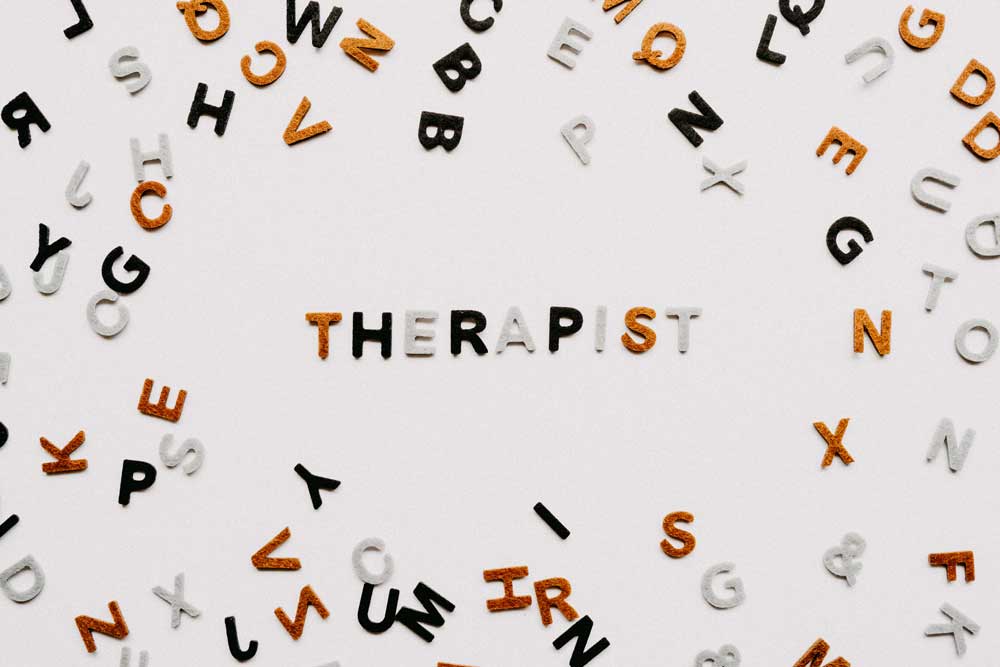Living with Attention-Deficit Hyperactivity Disorder (ADHD) can present unique challenges across the lifespan, affecting all areas of a person’s life. While medical treatments like medication are important and effective in reducing ADHD symptoms for the majority of people, integrating ADHD focused therapy into the treatment plan can strengthen an individuals own toolbox to self-manage and thrive. In this article, we explain how ADHD focused therapy can complement medical interventions, focusing on its effectiveness in helping individuals accept their diagnosis, improving coping skills, enhancing emotional regulation, and boosting executive function.

Acceptance: Embracing the ADHD Diagnosis
Coming to terms with an ADHD diagnosis can be a significant emotional journey for anyone. Feelings of confusion, frustration, shame, grief, relief and denial are all normal, and experienced by many adults post diagnosis. This is where ADHD therapy can play an important role to foster acceptance and identity integration.
ADHD focused therapy provides a safe space for individuals to openly express their experiences, emotions and concerns surrounding their diagnosis with a therapist who has relevant training and expertise in ADHD. Individuals can explore their feelings, address any misconceptions, and develop a healthy, strength-based perspective on ADHD. Therapists can support individuals to reframe their self-perception, focus on strengths and possibilities whilst dismantling negative self-judgments. They also assist people with language and the confidence to have ADHD conversations with family and loved ones.
Emotional Regulation: Finding Balance and Stability
Emotional dysregulation is a common feature of ADHD, contributing to intense emotional reactions and struggles with handling frustration and stress. ADHD Therapy serves as a valuable tool for teaching individuals effective strategies to both understand and regulate their emotions.
A supportive therapeutic relationship provides a safe space for individuals to explore and understand their emotions. Therapists work with individuals to identify emotional triggers and develop techniques for responding to them in healthier ways. Offering a range of approaches and strategies which individuals can take out of the therapy room and into their own lifes, this empowers adults with ADHD to gain better control over their emotions in all areas of their lives.

Coping Skills: Navigating Daily Challenges
One of the core benefits of therapy in ADHD management is the development of effective day to day coping skills. ADHD often leaves individuals overwhelmed with life management and self-organisation. ADHD therapy equips individuals with practical strategies to tackle these challenges head-on.
Therapists work collaboratively with their clients to identify specific areas of struggle and design tailored coping mechanisms. These mechanisms may include time-management techniques, organisational strategies, and tools to minimise distractions. By learning and practicing these skills, individuals with ADHD can experience a greater sense of control over their lives and reduce feelings of overwhelm.
Executive Function: Enhancing Cognitive Abilities
ADHD significantly impacts executive functions. These are cognitive processes in the brain responsible for tasks such as planning, decision-making, problem solving, time management, motivation and self awareness. ADHD therapy offers strategies to enhance these vital executive function skills.
Therapists work with individuals to develop executive function training plans that target specific areas of difficulty. These plans may involve exercises to improve working memory, time management and boost organisational abilities. By honing these skills, individuals can navigate academic, professional, and personal responsibilities more effectively and feel more confident and competent in themselves and their abilities.
ADHD Thriving: Integrating Medical Treatment and Psychotherapy
ADHD is a lifelong condition, medication is very important but having an ADHD therapist in your back pocket to tap into when you need is a vital part of a person’s support platform, so that life with ADHD becomes about thriving and not just surviving.
Embracing therapy in combination with medical treatments delivers a whole of person approach that addresses both the surface-level symptoms but also the underlying emotional and cognitive aspects of ADHD. This integrated approach empowers individuals to navigate their lives with confidence, resilience, and a deeper understanding of themselves.
Book Your Free 15-Minute Consultation
Ready to take the next step towards managing your ADHD more effectively? Book a free 15-minute consultation and move towards a thriving life with ADHD.
Book Free Consult on Living In Bloom Website.
Disclaimer: This article is for informational purposes only and should not be considered a substitute for professional medical or psychological advice.




